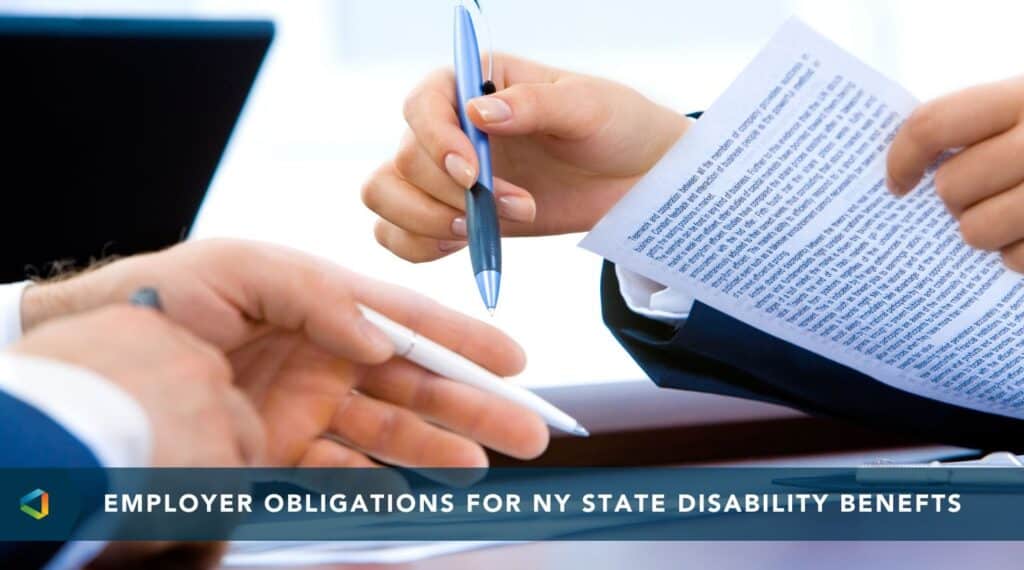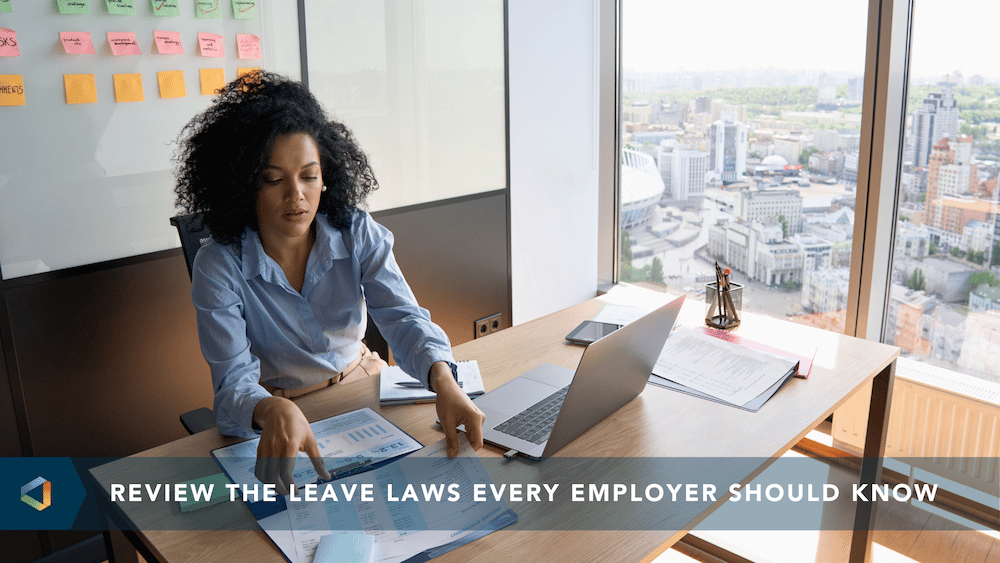Better Benefits, No Headaches
Your Vaccine Questions Answered
Your Vaccine Questions Answered
The roll-out of the vaccine has prompted many questions for employers. Here, we’ll explore some of the most common ones our HR team has received.
Can I require my employees to get the vaccine?
In most states, employers can require employees to get the vaccine, as long as the requirement is job related and consistent with business necessities and safety. If an employer is requiring the vaccine, a written policy is vital and should allow for accommodation requests for disabilities and religious beliefs.
While you can require employees to get the vaccine, the question is, should you?
There are a lot of emotions surrounding the vaccine and companies should weigh the safety of their employees, as well as employee morale, when making this decision.
For more information on requiring the vaccine visit our recent blog here.
How do I handle someone’s refusal to get the vaccine?
Even with a required vaccine policy, employers may face a situation where an employee does not want to get a vaccine. As previously stated, employees can request an accommodation for religious reasons and disabilities, but what if this isn’t the case? The employer has a few options and again, employers must evaluate the safety risk that the refusal poses. Options could include leave of absence, transfer of position, telework or flexible work arrangement.
Along with these options, employers could choose to remove the refusing employee from the workplace and if telework was not an option, the employer could consider placing the employee on a leave of absence or potential termination. However, we recommend that employers proceed cautiously with termination and be sure to vet out if any other employee rights apply under federal, state or local regulations and laws and consult legal consul before proceeding.
Who pays for the vaccine?
If the employer is requiring the vaccine, the employer should pay the cost for the vaccine, as the cost could potentially bring an employee’s salary below the minimum wage and would be considered work-related. Depending on the state, there may also be some laws which require payment. Keep in mind that employers are also responsible for compensating employees for their time to get the vaccine, which should be done during working hours.
What can I do if employees aren’t comfortable coming back to work?
The decision to return employees to the workplace should always take into consideration employee safety, state and federal laws and guidance with respect to COVID-19, and CDC and OSHA recommendations and guidance. Under OSHA, an employee may refuse work that poses a “a risk of death or serious physical harm.” Educating employees about your decision-making process should help alleviate some of their fears of returning but there may still be employees that are uncomfortable. In this case, the company should review the situation to determine what makes the most sense. If being onsite is a condition of employment, the company may be forced to terminate employment. But, before doing that, look to see if there are other options or accommodations.
What if an employee wants to continue to work from home?
As with any flexible work arrangement, you’ll want to look at the duties and the performance of the employee to see if the work from home arrangement makes sense going forward. Are the duties able to be performed from home? Has the employee exhibited strong performance? Also, keep in mind the success (or not) of working from home over the previous months.
What is the biggest takeaway with regard to the vaccine?
There is no hard and fast right answer to many of these questions. These are trying times, so being extra compassionate may go a long way towards employee morale in the future. Open the lines of communication with employees and talk about concerns. Additionally, the vaccine isn’t a quick fix, employers should continue to require masks and social distancing until state and federal guidelines are lifted.




